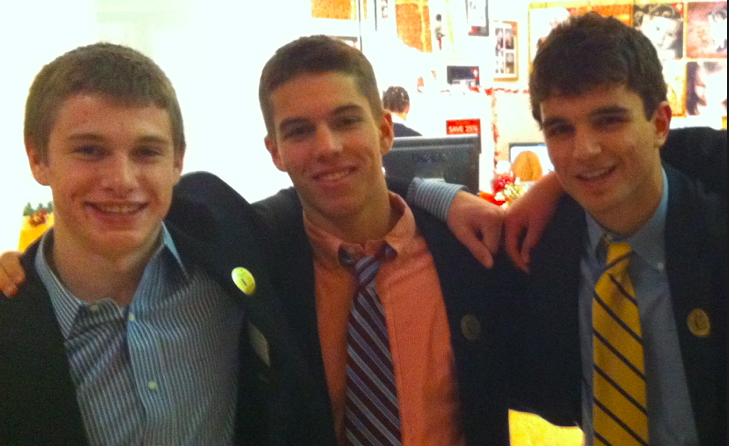What is overlooked in volunteer work with young people?
Mölkänen, J., & Honkatukia, P. (2022). Ambiguous, affective, and arduous: Volunteers’ invisible work with young adults. Journal of Youth Development, 17(4). https://doi.org/10.5195/jyd.2022.1198 Summarized by Ariel Ervin Notes of Interest: Past research has either focused on a) the benefits of becoming a volunteer, b) volunteers’ motivations or c) how mentorships are a promising method for approaching at-risk […]






